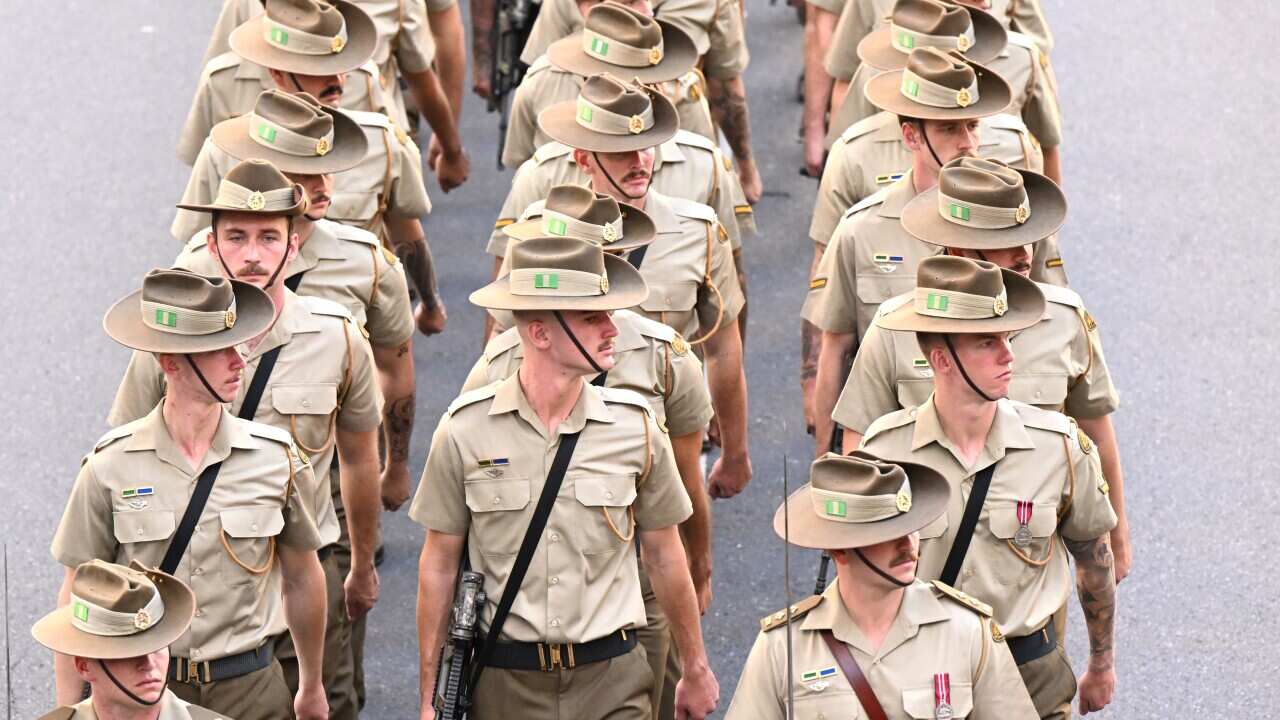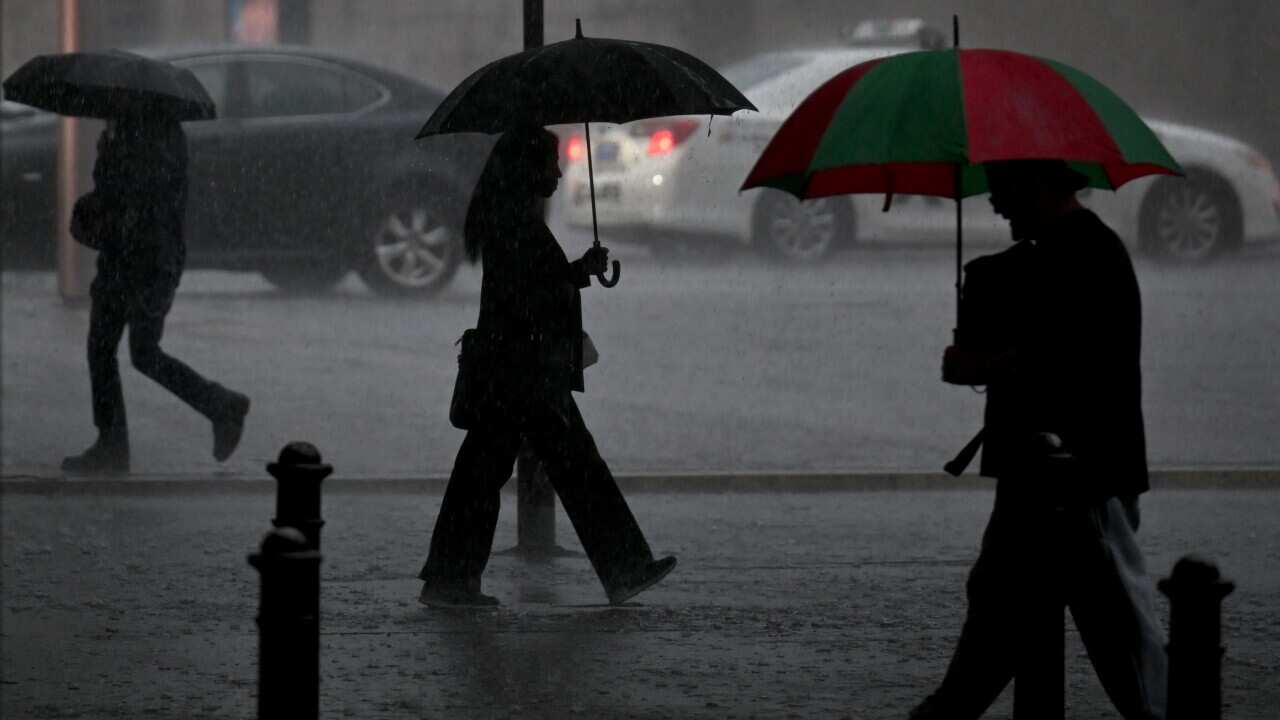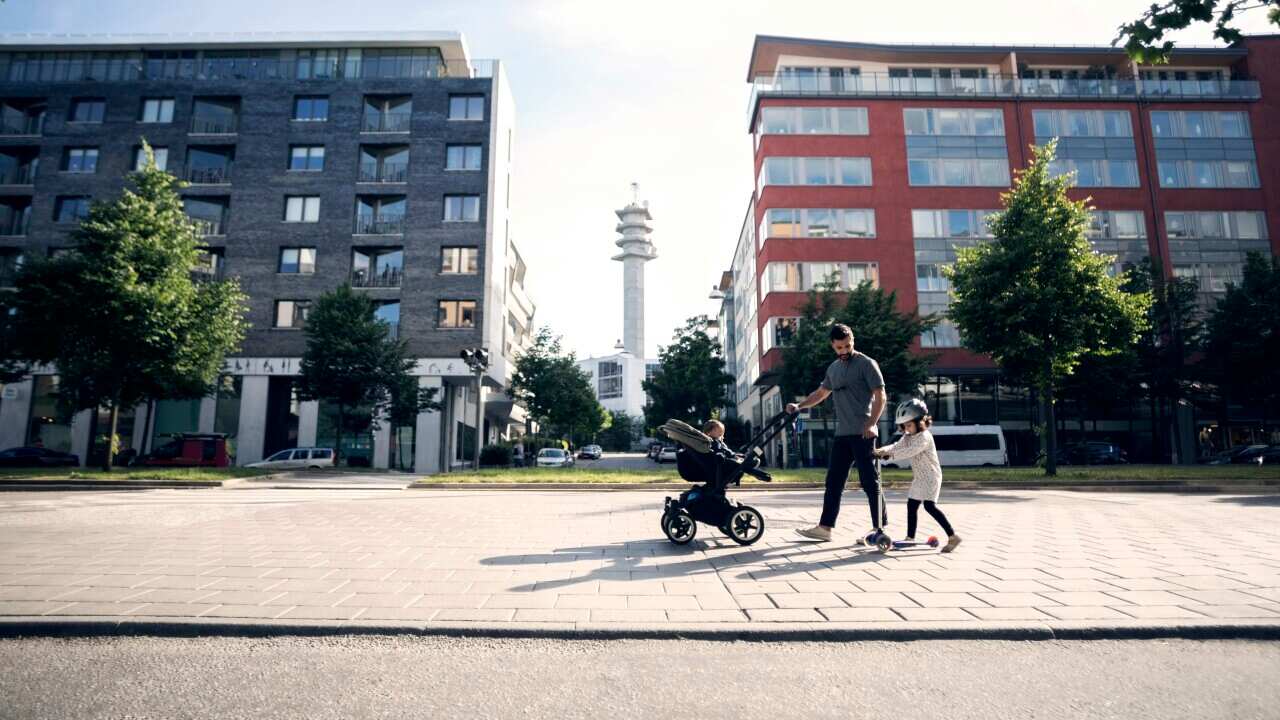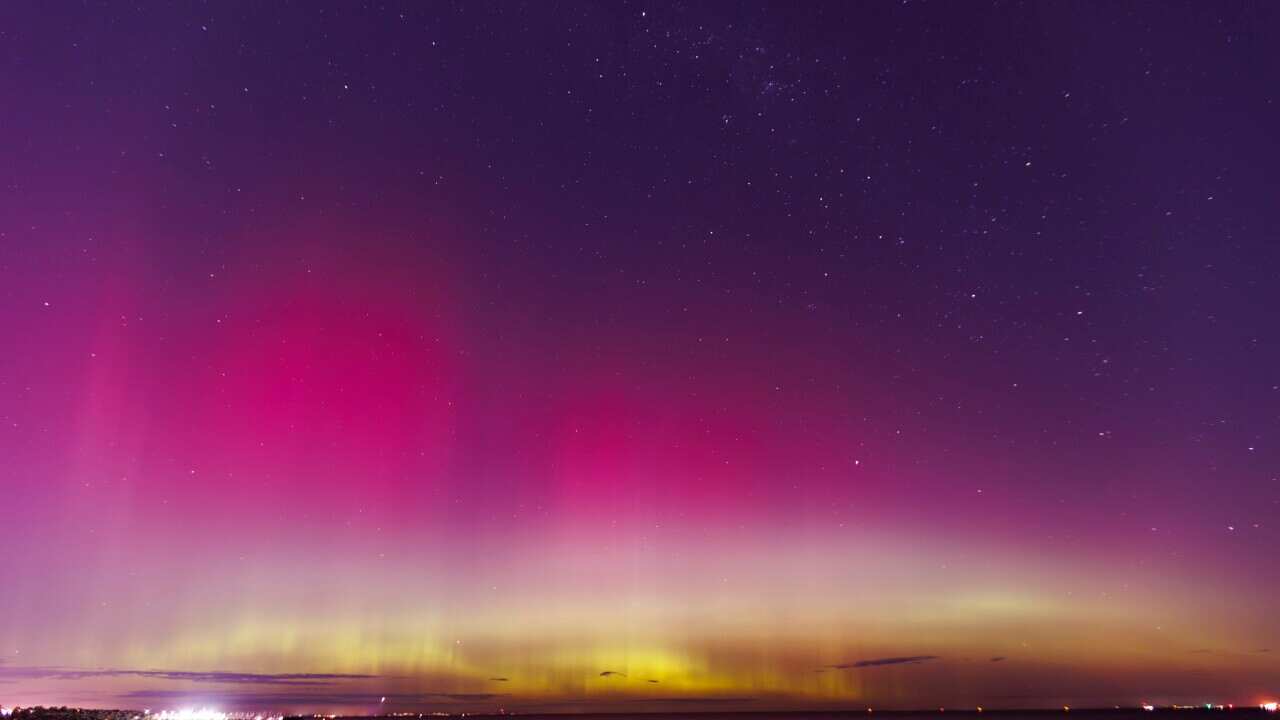TRANSCRIPT
An association of Swiss women has taken the Swiss government to the European Court of Human Rights over inaction on climate change.
The KlimaSeniorinnen, or Senior Women for Climate Protection, has over 2,500 members, with an average age of 73.
Elisabeth Stern is 76 years old, and has been a member of the association for six years.
"These are great women. If you think that these are just women who have now grown old and now to complain about it being too hot. No, we have been activists all our lives. So these women are just great to work with because they're wide awake and they still have a commitment. And I love that we are not in a rocking chair knitting."
In March last year, the European Court of Human Rights held a public hearing of the women's complaint against the Swiss government.
It was the first time in history a climate case has been heard by the court.
Just over a year later, the women now await the court's ruling, which will be handed down next week [[April 9]] along with two other European climate cases.
Louise Fournier is a Legal Counsel at Greenpeace International, and has worked closely with the women on the case.
"They really redefine who we see as climate activists and as pioneers in the society... They've climbed up glaciers in Switzerland to take pictures of the melting glaciers. They've travelled around the world to meet other climate litigants. They're super active and inspirational."
Ms Fournier says elderly women are especially vulnerable to the effects of climate change, and this has been central to the women's case against the government.
"So senior women particularly are affected by heat waves more than other people in the population, and they have higher likelihood of suffering heat strokes and other complaints from the heat. And we know that with climate change, heat waves are both more frequent and more intense. So they formed an association to bring their Swiss government to court to ask for better climate protection."
The women have argued that their right to life, enshrined in the European Convention on Human Rights, has been violated by the government's inaction on climate change.
Ms Stern says like many of the senior women, rising temperatures are already significantly impacting her health and quality of life.
"So climate change affects me when we have the heat waves and I really react strongly. I belong to those women who do not go out when we have 35 degrees, for instance, which we are not used to...So yeah. So I stay inside. I close the shelters at 10 o'clock in the morning, make sure I don't turn on too many lights because they warm up also."
The women are demanding the government take all necessary measures to keep global warming below 1.5 degrees and meet specific emissions reductions targets.
Ms Fournier explains the court's decision would be binding not only for Switzerland, but also for all of the 46 Council of Europe member states.
"Switzerland will absolutely have to comply, but other countries that are part of the Council of Europe will have to also implement this kind of decision. So if other climate litigants bring national cases in front of their countries citing the positive decision... they're very likely to have success because all national courts are supposed to follow the guidance of the European conventional human rights."
She says a sense of responsibility to future generations has been a strong undercurrent in the women's case against the government.
"They know that these measures, by the time that they are implemented and kick in, most of them will no longer be with us, just because of their age. So it's also an inter-generational fight that they're leading for our generation, for younger generations."
And while the outcome of the case is unknown, its impacts are already being seen globally.
Ms Stern says other groups urging government action on climate change have looked to the Senior Women's case as a model for action.
"I just give you one example, how sort of international we have become or how diverse in terms of our impact. There is a group in South Korea that calls themselves 60 plus, and they just started, they just had their first press conference last week... and they are actually following step-by-step the way we did it."
The case joins a growing number of climate litigation cases challenging government inaction worldwide, including here in Australia.
One significant action, known as the Australian Climate Case, is currently being brought against the Federal government by two First Nations leaders from the low-lying Islands of Saibai and Boigu in the Torres Strait.
Uncle Pabai Pabai and Uncle Paul Kabai [[kah-buy]] filed the case against the Commonwealth in 2021, arguing the Federal government has a duty to protect people from climate harm.
They say the government has unlawfully breached this duty of care in failing to mitigate climate change and its effects in the Torres Strait.
Isabelle Reinecke is Executive Director at Grata Fund, a non-profit strategic litigation fund that has supported the Australian Climate Case.
Ms Reinecke says the case shares some important similarities with the Senior Swiss Women's case.
"They're both really designed at forcing their governments to dramatically reduce emissions, making the argument that their current approach to climate change is so harmful, that it's actually unlawful. There's a level of harm that is just beyond what the law can handle being perpetrated."
Aunty McRose Elu [[eh-loo]] is an Elder who has been the cultural adviser for the Australian Climate Case.
Born on Saibai Island, where Uncle Paul is also from, Aunty Rose has seen the devastating impacts climate change has had on her island and community.
She says because of rising water levels and erosion, her people's livelihoods, homeland and culture are already under immediate threat.
"There's seventeen Islands in the Torres Strait and seven of them are inundated. And it's not only just those seven, but it's also affect the other islands, the erosion's everywhere. At this point in time, this is how bad it is now that our people cannot garden on these Islands anymore, they cannot hunt here anymore."
She says even the migration of birds has been affected, and ancestral graves are being washed into the sea.
The projected impacts are even more dire, with water rising in the Torres Strait at double the global average.
Ms Reinecke says if nothing is done, the Islands will be uninhabitable within decades.
"So the impacts are really profound, and you talk to Uncle Pabai and Uncle Paul, and they describe it as a cultural genocide, that they feel that they have survived 200 plus years of colonisation, and that this is a final blow of colonisation. A problem that they have in no way contributed to and have no real control over is going to ultimately, potentially force them from their homelands and the place that they practice their culture."
For some in the community, family connection to the islands stretches back over 65,000 years.
Aunty Rose says for many, severing this link to land and culture is unthinkable.
"And then one uncle on Saibai he said to me, said, oh, I've got a dinghy here. I'll tie the rope to the coconut tree. And I said to him, what about if the coconut tree it's tied to is also covered with the floods and everything, the high tide and the current and everything? He said, oh, I just go with it wherever it takes me... This is where the umbilical cords are. Our umbilical cords. This is where our old people are resting, our ancestors."
Uncle Pabai and Uncle Paul are seeking an order from the court requiring the government to cut greenhouse gas emissions to prevent further destruction.
The final hearing for the case will be held at the end of April, and the court's decision is expected to be delivered by the end of the year.
Like the Swiss Senior Women's case, Ms Reinecke says a ruling in the applicants favor would have significant and legally binding consequences.
"So it's a pretty transformative case. If it wins, it really has the potential to change everything and really actually put a halt to the Australian government's approach to just really pumping more and more emissions into our system... this case will be binding if successful, and it will mean that at the highest order, the government will be forced to really drastically reduce emissions."
Both the Swiss Senior Women's case and the Australian Climate case build on a growing set of local and global precedents.
In a landmark 2015 case, the Urgenda Foundation and 886 people successfully took the Dutch government to court for inaction on climate change.
The courts ordered the Dutch government to take immediate action to reduce emissions.
The Netherlands is now considered to have some of the strongest climate policies in the world.
The success triggered a number of climate related cases internationally, with more than 80 similar cases filed around the world since.
Director of the Human Rights Institute, Justine Nolan, says these cases have been strategic in the way they interact with, and build on one another.
"So you're not seeing haphazard cases, you are seeing a deliberate strategy to sort of push, take different approaches in different countries, feed off each other, and it's quite a sophisticated strategy."
Across local, regional and international courts, Ms Nolan says these cases are developing a strong platform from which individuals and groups can pressure their governments to take tangible action.
"But what you're seeing is sort of this global push to understand that this is a legal action that you can link indigenous rights, human rights, climate science together, and they're basically using these cases of litigation as leverage against both governments and companies to take action on climate."
For Elisabeth Stern, the Senior Women's case is an example of how individuals and groups can use their own courts to hold government to account.
"I know many people say, well, this should be left to politics and not to the courts. The courts should not mess around with politics, but if politics is too slow, doesn't do anything, then you have to try to give them a little bit of a kick from behind."
For Aunty Rose, Uncle Pabai and Uncle Paul's case is also about urging the government to make responsible decisions.
"And then of course we are part of Australia. It's right on the doorstep. How can it be avoided or how can it be not looked after... This is a process of what government is accountable for, how the decisions they will make at the end of this case. It's very crucial that they have to do something about it, I would think because we were under their care."
She says whether or not the government listens to these urgent calls - her own struggle to support and protect her community will continue.
"I'm one of them that I will keep on fighting. I will keep on doing anything in my capacity to try and save the island for all our people."













